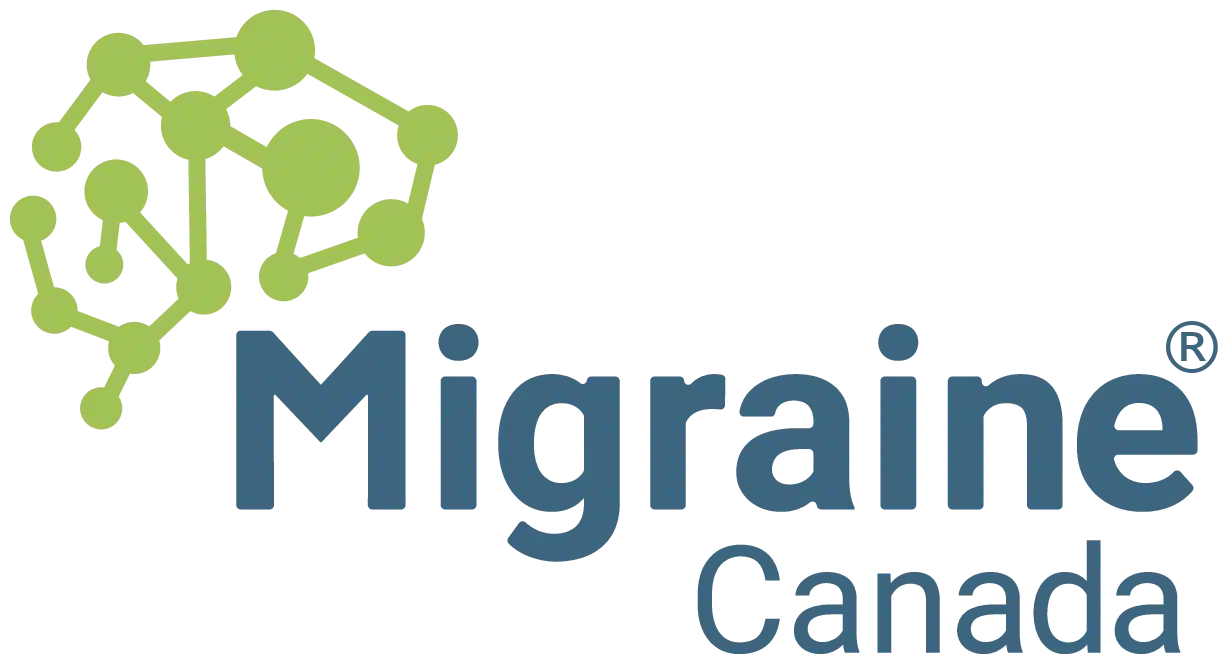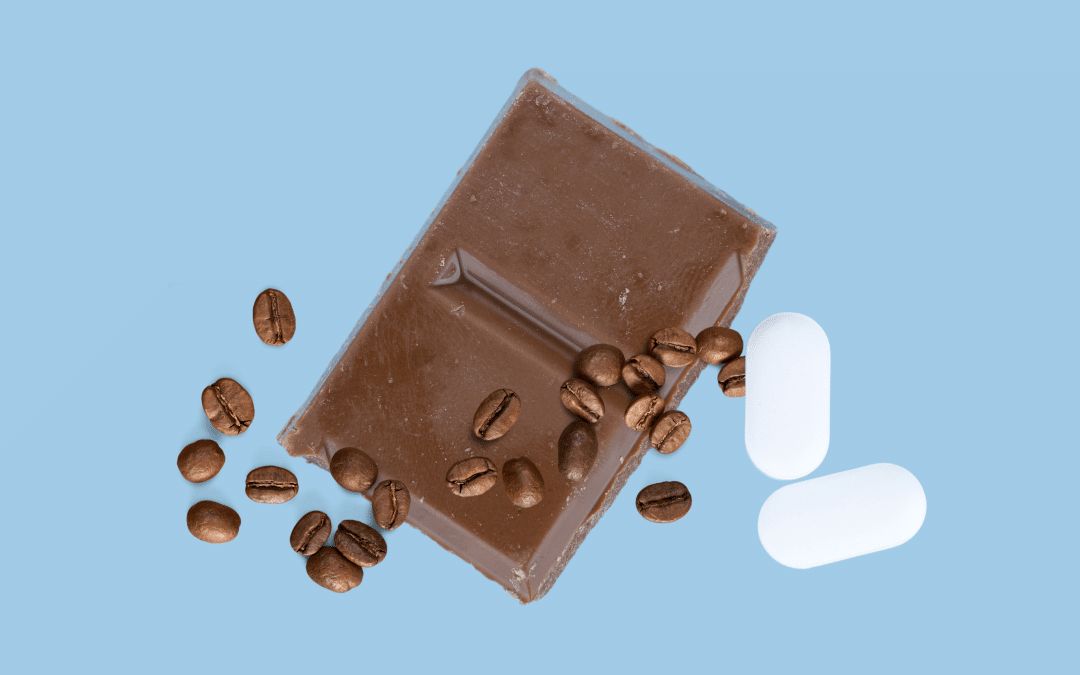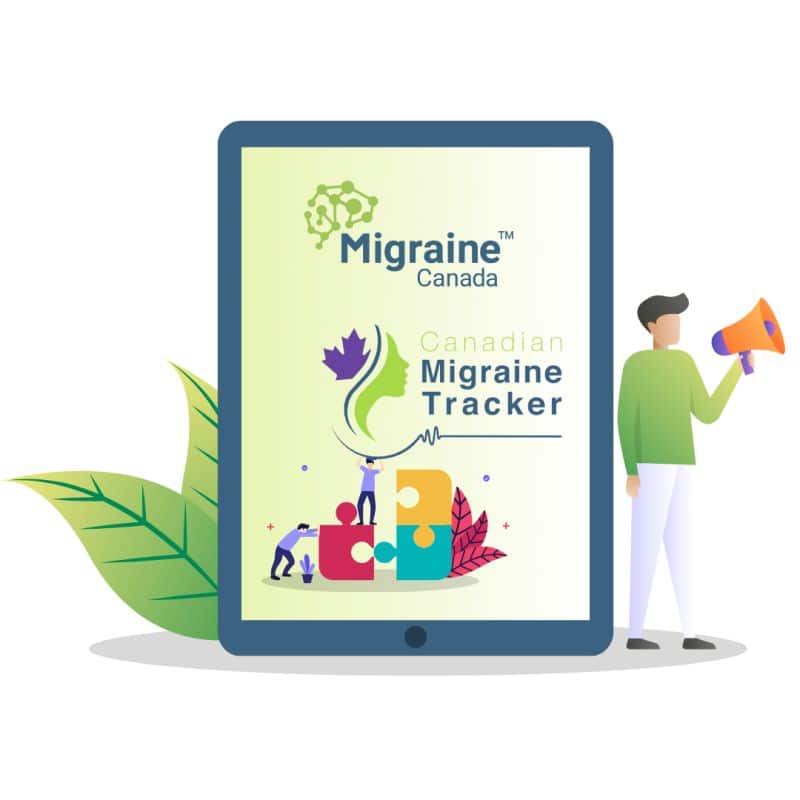Understanding migraine triggers is essential for managing this debilitating condition. While triggers vary widely among individuals, dietary factors are frequently cited as significant contributors to migraine attacks. In this comprehensive guide, we delve into common dietary triggers, how they affect migraine, and practical strategies for identifying and managing your personal triggers. By making informed dietary choices, you can take control of your migraine and improve your quality of life.
Common Dietary Migraine Triggers
Food Triggers: A Varying Perception
Studies indicate that between 10% and 80% of migraine sufferers report food triggers. This wide range is due to individual perceptions and cultural differences in recognizing diet as a trigger. Additionally, the time frame considered for identifying food as a trigger plays a role. The international classification recommends a maximum delay of 12 hours between food intake and a migraine attack to establish a link.
Dehydration: A Simple but Overlooked Trigger
Dehydration is a common and easily manageable migraine trigger. It occurs when the body loses more fluids than it takes in, often exacerbated by factors like hot weather, physical exercise, alcohol, caffeine, and salty foods. Ensuring adequate hydration is a fundamental step in migraine management. For more information, see our post on migraine and hydration.
Skipping Meals and Low Blood Sugar
Low blood sugar, or hypoglycemia, is another significant trigger. Glucose is the brain’s preferred source of fuel, and fluctuations in blood glucose levels can precipitate migraine attacks. Causes include consuming high-sugar foods, not eating enough, exercising on an empty stomach, or skipping meals. To maintain stable blood glucose levels:
-
-
- Limit high-sugar foods
- Replace refined grains with whole grain alternatives
- Have breakfast within an hour of waking up
- Avoid skipping meals
- Carry low-sugar, high-protein snacks
- Include fats and proteins with each meal and snack
-
Alcohol: A Common but Variable Trigger
Alcohol triggers migraine attacks in 20% to 50% of sufferers, with mechanisms involving histamine, tyramine, sulphites, flavonoids, and serotonin release. Red wine is often blamed, but any alcoholic beverage can be a culprit. Migraine can be triggered immediately after drinking or as a delayed headache, commonly known as a “hangover.”
Histamine and Tyramine-Rich Foods
Histamine and tyramine, compounds found in various foods, are known to trigger migraine attacks in some individuals. Foods high in histamine include alcohol, tomatoes, eggplant, spinach, vinegar, shellfish, nuts, and chocolate. Foods high in tyramine include soy products, overripe fruits, leftovers, and aged cheeses.
Identifying Your Personal Food Triggers
To effectively manage migraine, identifying personal food triggers is crucial. Two primary methods include:
- Headache and Food Diary: Track food intake and migraine occurrences to identify potential triggers. Eliminate suspected foods for at least one month and reintroduce them to observe any changes in migraine frequency.
- Elimination Diet: Remove common triggers for an observation period to see if symptoms improve. Categories of foods to consider include unhealthy foods (sodas, processed foods), easily avoidable healthy foods (eggplants, fermented foods), and more challenging healthy foods (onions, nuts, soy).
Lactose-Free and Gluten-Free Diets
Some individuals find relief by adopting lactose-free or gluten-free diets. This approach should be monitored using a diary to observe any changes in migraine patterns, ensuring no other treatments are simultaneously affecting the results.
Summary
Managing migraine through dietary adjustments involves understanding common triggers, maintaining a detailed food diary, and making informed dietary choices. Remember, individual triggers vary, so personalized strategies are essential for effective migraine control.
References:
- Zaeem Z, Zhou L, Dilli E. Headaches: a Review of the Role of Dietary Factors. Current Neurology and Neuroscience Reports. 2016;16(11):101.
- Finocchi C, Sivori G. Food as trigger and aggravating factor of migraine. Neurological Sciences. 2012;33 Suppl 1.
- Borkum JM. Migraine Triggers and Oxidative Stress: A Narrative Review and Synthesis. Headache. 2016;56(1):12-35.
Post #707



